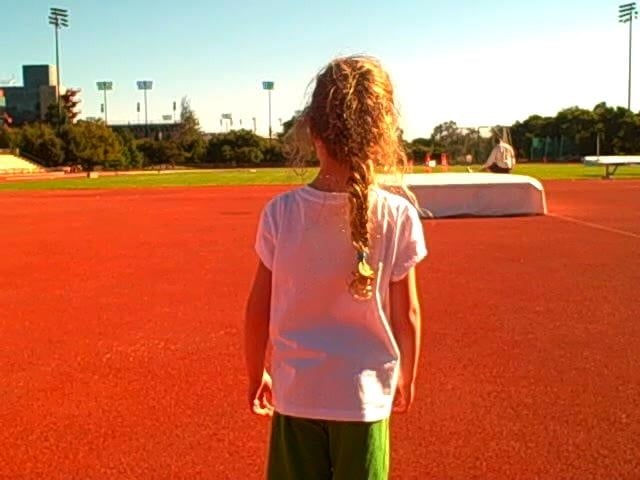For a lot of people, The Play was a huge and lasting source of heartbreak; however, for me, it was the beginning of a treasured connection to sports and storytelling with the person who taught me about both. I love sports stories because of my dad.
As a fifth grader, I remember looking over his shoulder at grainy YouTube footage of a football game. He had been there, he explained. He had been in California Memorial Stadium in 1982 for something important.
“Did Stanford win?” I asked. He said no, Cal had won. I didn’t understand immediately how he was excited to have seen a play that cost Stanford the game. But, as always, he gradually helped me to understand. Just as he had explained the line of scrimmage in football, different political ideologies and how both world wars started.
At that time, watching this blurry video and listening to his recollection was the first detailed, deep-dive into a seminal moment in sports history that my dad had shared with me. And in the interim, after countless documentaries on Lance Armstrong, the development of the Soviet national hockey team and professional soccer, this event has somehow come to represent what I’ve learned from being my dad’s daughter: that sports, like life, is filled with fascinating people and stories that more often than not, can simultaneously hold disappointment and fulfillment, simplicity and complexity, humor and sadness.
And, above all else, I’ve learned from my dad that all of those contradictions are okay. They make sports a driver of connection and worth caring about.
For most of his adult life before I was born, my dad was a professional tennis player. He lived in a world which, at first glance, would appear to be one of absolutes. A win meant you stayed for another match; a loss meant you packed, headed to the airport and flew to the next city. It was easy to get fixated on things that could make or break your results: a cold, a blister on your hand or having to serve on the half of the court being hit by the sun. But even for someone whose occupation required such singular focus and single-mindedness, my dad has always managed to be one of the most observant, aware people I know in terms of the world around him.
He notices how other people feel. He sees that emotions are cyclic. And he always reminds me of the impermanence of everything, especially how — at the end of the day — it’s just an exam, or an essay, or a conversation or a tennis match.
My dad has shown me that tennis is not everything, just as sports are not everything. We cannot all know what it feels like to lose a football game in its final seconds. But as human beings, we can understand disappointment and loss. We can relate to that moment when we were so let down, yet eventually felt okay.
Recently, I asked my dad about The Play again and how he reacted to it. He remembered the elation of people around him in the closing seconds of the game and how quickly that turned to shock and dismay when Cal made its infamous play.
But he smiles when recounting the bus ride back to Stanford. Cal supporters kept knocking on the bus as it left their campus and making snarky comments. “We probably yelled back at them,” he remembers, laughing. “It was just unbelievable.” What felt so immense at the time is now seen with some removal and perspective as another amazing moment in a long sports journey.
There’s a line in the novel “Beartown” by Fredrik Backman that encapsulates what watching tennis, soccer, Formula 1, hockey, basketball and football with my dad has taught and meant to me:
“The only thing the sport gives us are moments. But what the hell is life … apart from moments?”
The world would be so much dimmer without those moments like The Play, which we can hate and find invigorating at the same time. Caring about sports is a tradeoff in that sense, but one that my dad has shown me is more than worth it.
